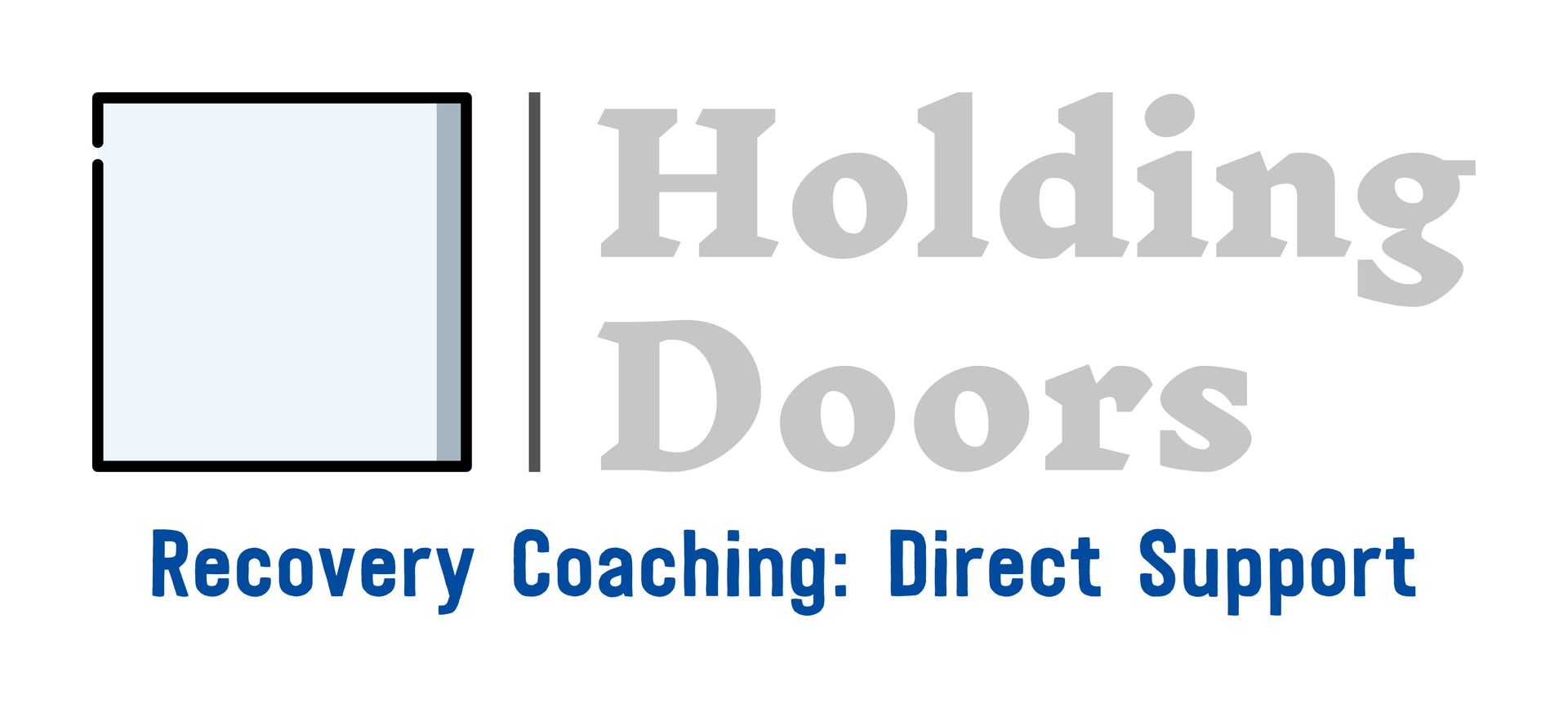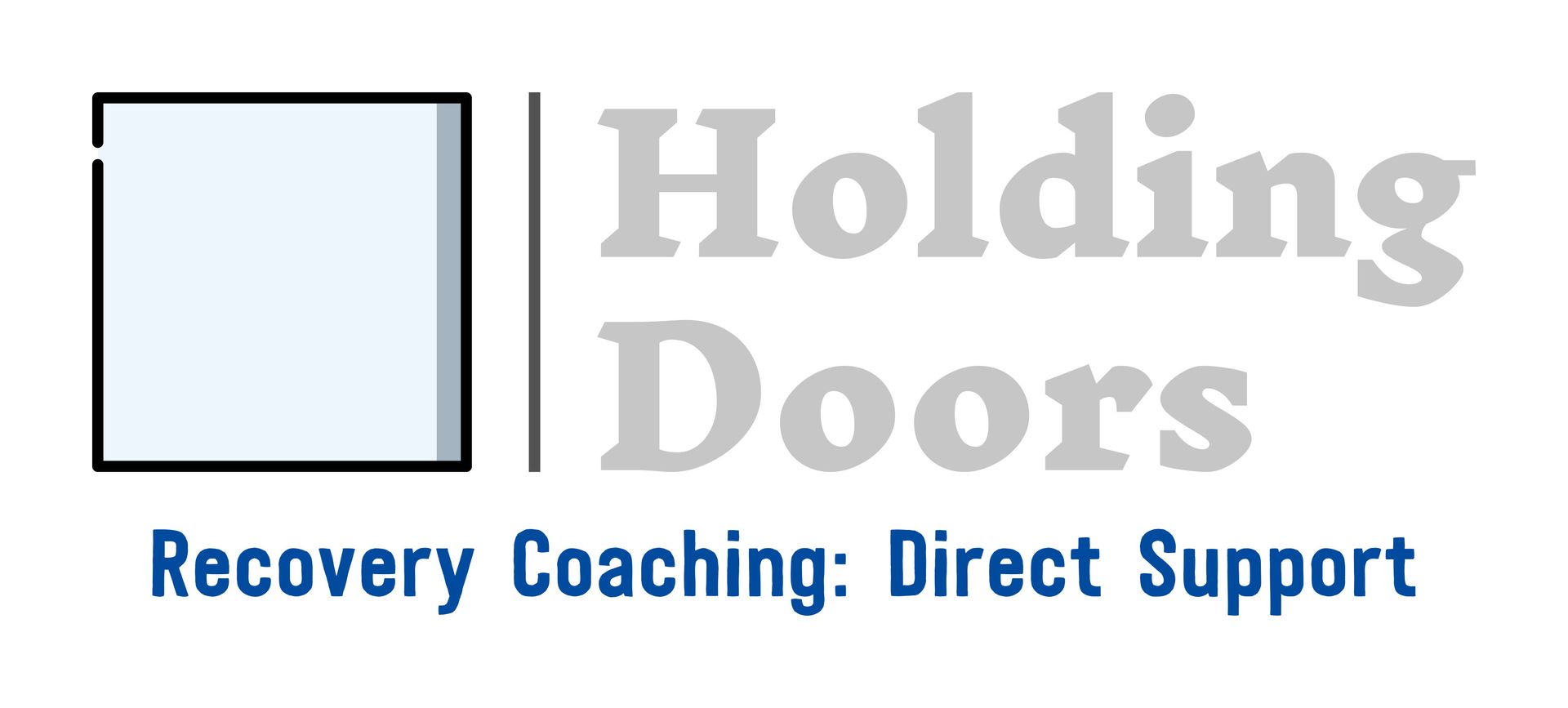Old School Interventions DO NOT WORK!!!
Old School Interventions DO NOT WORK!
Understanding the Problem
If you're supporting someone with addiction, this will help you get it right. I know this bold and controversial statement: "Old school interventions do not work!"
Shows such as Dr. Phil and the A&E channel have popularized a specific image of interventions. These are structured confrontations meant to shock the person into realizing their problem, intended or not.
These shows are engaging and portray the raw struggles of alcohol and substance abuse, making them hard to turn off. The intervention techniques shown in these programs are outdated. They follow the same script, regardless of the family's specific situation. These methods are based on old science and don’t address today's complex addiction issues and advancements.
Why Traditional Interventions Fail
Traditional interventions are costly, not just financially, but emotionally. Families spend thousands of dollars hoping for success, but these interventions often result in high relapse rates. The emotional toll is even greater – damaged relationships and lost trust are common outcomes. Here are some of the specific reasons why old-school interventions don't work:
- Identical Processes and Philosophies: These interventions often follow the same outdated processes and philosophies, regardless of the individual's unique circumstances. They fail to incorporate recent advancements in addiction science and psychology.
- Forced Participation and Autonomy: Traditional interventions confront the person and pressure them into treatment, failing to respect their autonomy. When someone feels pushed, they're likely to resist, and that resistance can turn into anger and relapse.
- Ambushed Feelings: The use of traditional intervention methods may lead your loved one to feel blindsided and defensive, which could result in them building emotional barriers..
- Inappropriate Team Members: The presence of inappropriate team members can significantly hinder the dynamics and overall effectiveness. When individuals who lack genuine concern are involved, it can create an atmosphere of tension and judgment rather than one of support and empathy. This can lead to a lack of cohesion, communication breakdowns, and lost messaging. The environment created is essential and every member involved must demonstrate genuine care and empathy.
- Templated Scripts: Interventionists often provide pre-written scripts for individuals to recite, which may not authentically represent their emotions.
- Unenforceable Consequences: If your loved one does not choose to change, the consequences of the intervention can undermine the sincerity of your love, and they are often not enforced or cannot be enforced.
- Poor Timing: These interventions often occur at scheduled times rather than when the individual struggling with addiction opens the door and shows a hint of desire for change.
The Importance of Internal Motivation
You might be thinking, "But they might die if we don't force them into treatment!" I understand. It's a scary thought. I've lost friends to addiction. But lasting change needs internal motivation. External pressure – like threats or ultimatums – might work temporarily, but it doesn’t last. True, lasting change comes from personal conviction, from a deep desire to improve one's life.
Modern Approaches to Intervention
So, what works?
This approach is proven and backed by research. I will dive more into the details of the approach, but modern intervention methods focus on respecting the person's independence and motivation. Each journey is unique and should be treated that way. Instead of using outside pressures, we need to understand and support the person's reasons for wanting to change. Authentic and genuine communication is key.
In brief (schedule a call with holdingdoors.com or if you don't want to chat my book can help for now), the process to follow includes these steps, which are increasingly taught to professionals in the field:
- Start With Yourself: Understanding addiction and how it impacts you and your loved one is the first step. Begin with a personal inquiry to learn how addiction affects both of you.
- Respect Your Loved One's Autonomy: Believe that your loved one has the agency to decide for themselves. Accept their journey as it is, acknowledging their right and ability to find their way to recovery.
- The "REAL" About Addiction: Dive into the details of addiction and identify the specific obstacles and unique needs of your loved one. Tailor your support accordingly.
- Uncover Your Core Values: Identify your values and beliefs about life, addiction, and recovery. These principles will guide your behavior and relationships, providing a stable anchor and compass for your support.
- Develop Personal Values Statement: Create a statement that encapsulates your core values and guiding principles. This will serve as a foundation for your actions and interactions.
- Explore Inpatient Treatment Options: Look into various inpatient treatment choices that match your loved one’s needs and circumstances. Prioritize comprehensive inpatient programs.
- Active Listening and Intentional Communication: Improve your skills in listening attentively and communicating with empathy. Ensure your interactions with your loved one create a space of trust and understanding, supporting their journey to recovery.
- Continued Support in Recovery: Stay engaged and adaptable as your loved one’s recovery journey progresses. Provide encouragement and assistance as needed while respecting their autonomy and fostering self-reliance.
Tailoring the intervention to the individual’s specific circumstances makes a huge difference. This personalized approach addresses specific challenges and needs, making the intervention more effective. Building strong, positive relationships through empathetic communication helps create a supportive network that the person can rely on throughout their recovery
The Unique Approach of Holding Doors
At Holding Doors, we specialize in modern intervention methods that prioritize respect for the individual's autonomy and intrinsic motivation. Our approach is based on the belief that real change must come from within. We help families set up interventions that are empathetic, supportive, and effective. Our team is experienced and dedicated to making sure every intervention is tailored to the individual's needs.
You are not alone! If you are going through this in any way, I’d love for you to call. You can also get a long way with my book, "Anchor of Support - A Revolutionary Approach to Addiction Intervention." Visit us on our social media sites and schedule a free introductory phone call at holdingdoors.com. That's the most important step.
Remember that recovery is a journey. It's about finding the right intervention, choosing the right treatment program, and having a solid aftercare plan (see what happens when you don't execute your aftercare plan). You don’t have to do this alone. We're here to support you every step of the way.
Thanks for reading, and let's walk this path to recovery together.
A very special thanks to The Liver Brand (I am so personally grateful for what you have done for my clients and family!) I love your mission and your why!!!!
*This is a recovery/health coaching education service only. It is not, and is not intended to be, medical treatment or recommendations for medical treatment. Actual medical treatment must come from your physician. Telephone or video consultations do not replace the need for seeing a doctor in person. Holding Doors recovery educators and coaches cannot diagnose or prescribe medications, treatment, or testing procedures. Holding Doors recovery educators and coaches can provide general information that may need to be reviewed and approved by that person’s own physician. Consultations are not considered to be medical advice or diagnosis. Payments are refundable; if you reschedule with 24 hours' notice, your payment will be transferred in full to your new appointment. The cost of Holding Doors recovery education and coaching services is not covered by health insurance or Medicare











